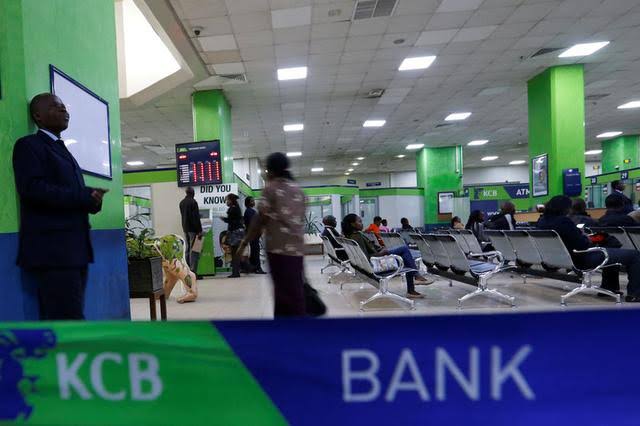Kenyan lender KCB Group’s takeover of state-backed National Bank of Kenya will go ahead if its offer is accepted by 75 per cent of shareholders, the market regulator said on Thursday.
The comments by the Capital Markets Authority (CMA) came in response to a call by some lawmakers for the government to reject KCB’s offer.
KCB, Kenya’s biggest lender by assets, offered to buy struggling National Bank (NBK) in April through a share swap of one KCB share for every 10 shares of NBK.
Parliament’s finance committee said in a report on Wednesday that the government, National’s main shareholder, should reject the offer as it undervalues National Bank.
That appeared to throw up a barrier to the deal, which is set to close at the end of this month.
The CMA shrugged off the committee’s report, saying the takeover is subject to regulations on takeovers and mergers of listed firms, and is insulated from government interference.
Under those rules, the takeover needs to be supported by 75 per cent of NBK shareholders.
“The Authority approved the Shareholders Circular shared with NBK shareholders with details about the offer from KCB.
“It is then up to the NBK shareholders to accept or reject the offer,” the CMA said in a response to a Reuters query.
“If the threshold for acceptances is not met then the offer fails but if it is met it is deemed successful.”
KCB said it had sought a meeting with lawmakers to discuss the transaction in the wake of the finance committee’s report.
“NBK shareholders have already received the offer documents and we remain optimistic that we shall receive positive responses,” the group said in a statement.
Both the central bank and the Treasury, which together with the state pension fund hold more than 70 per cent of NBK, have backed the takeover, saying it is the only way of rescuing NBK from perennial liquidity challenges.
Acting Finance Minister Ukur Yatani reiterated the government’s support for the deal on Thursday, saying there was a need for “strong and stable banks” to support the country’s fiscal position.
He added that all interested parties, including parliament were being consulted.
KCB, which also operates in Tanzania, Uganda, Rwanda, Burundi and South Sudan, has been looking to bolster growth via acquisitions.




